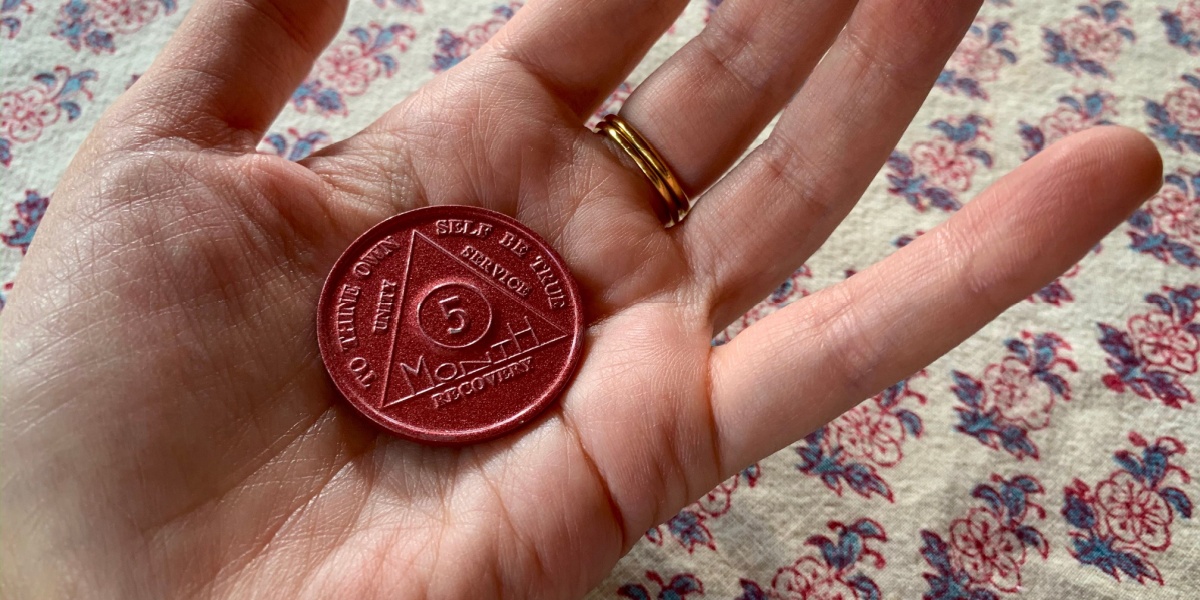Step three of Alcoholics Anonymous asks the participant to give over full dependence to their higher power, so that they may begin to further relinquish control of their addiction.
| Step 3 of Alcoholics Anonymous |
|---|
| "Made a decision to turn our will and our lives over to the care of God as we understood Him." |
This step encourages the individual to admit that achieving sobriety involves accepting the difficulty ahead, that they require help and support to achieve sobriety, and that they are powerless to achieve this alone.
- Step 3 of AA solidifies the first three steps as the acceptance, understanding, and willingness of an addict to turn over power to a higher being than themselves.
- Alcoholics are slaves to the substance and only by releasing their believed control onto a higher power can they begin to regain actual control.

Step 3 prayer
The quote, or prayer, for step 3 of Alcoholics Anonymous is as follows;
“Made a decision to turn our will and our lives over to the care of God as we understood Him.”
Step 3 of AA solidifies the first three steps as the acceptance, understanding, and willingness of an addict to turn over power to a higher being than themselves. This is often the hardest step for new members to accept, as it represents the total relinquishing of control and the wording is troubling to some.

Medical advisor
PhD, LCPC
Accepting that you are not in control
Many alcoholics find it difficult to admit that they are not in control of their drinking and will instead pretend that they know when they have drunk enough or are accepting of their intoxicated selves.
Step 3 aims to affirm that this is not the case; that in fact alcoholics are slaves to the substance and that only by releasing their believed control onto a higher power can they begin to regain actual control.
This step is crucial to the process of the 12 Steps and one that many members will have to revisit and reinterpret on their journey.
Do you have to believe in God for Step 3 of AA to work?
Despite the direct mention of God, there is no need to be religious to follow this step. This may sound like a contradiction, but the AA has come a long way since its conception and a lot of the language of the steps has lost its original meaning as the core principles of the organization have developed.
God in this instance is not meant to be interpreted as a deity but instead as a symbol of the higher power that the addict relinquishes their control to. By doing this, the addict admits that they are not able to beat their addiction on their own and that they require help and support in order to achieve sobriety. The higher power can be any symbol or thing the person wants it to be, just as long as it inspires them to live a better life.
Why is Step 3 important?
All of the 12 Steps serve a purpose to help addicts achieve and manage sobriety. From the outside, the purpose of each step may seem vague or counterintuitive. While Step 3 may appear on the surface to be a declaration of faith, it has much greater uses for those at all stages of recovery. Some of the benefits of the step 3 prayer include:
Creating a positive attitude: Often when someone begins AA they will be in a negative state due to how their alcoholism has affected them. From Step 3 onwards, the aim is to start cultivating a more positive outlook to overcoming addiction.
Distinguish between what is in control and what isn’t: Knowing what you are in control of and what is beyond you is vitally important to overcoming addiction. Only through giving yourself over to a higher power, whatever that may be, can you begin to relinquish control to it.
Become more open to guidance: Help from fellow members, sponsors, counselors, and therapists is key to the success of AA. Many alcoholics hide their addiction away at first and only through exposing it and asking for help can they begin to recover.

